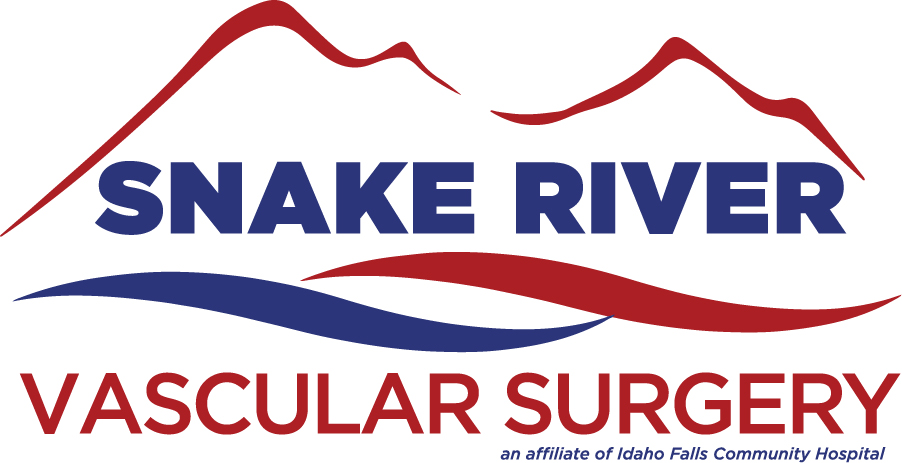
Snake River Vascular Surgery Is Closed
Snake River Vascular Surgery Is Closed. It has been an honor for my staff and I to provide vascular care to patients across the Snake River Valley over the last two years. Eastern Idaho is in need of Vascular Surgery care and my hope is that the Medical Community will come together to support a physician providing this needed care in the near future. - Warren Albrecht DO,FACOS, RPVI.